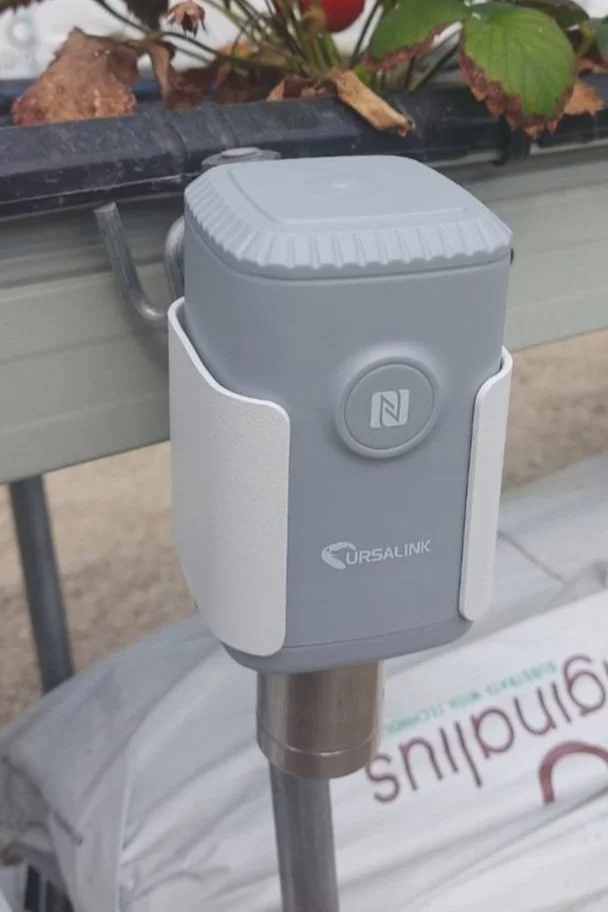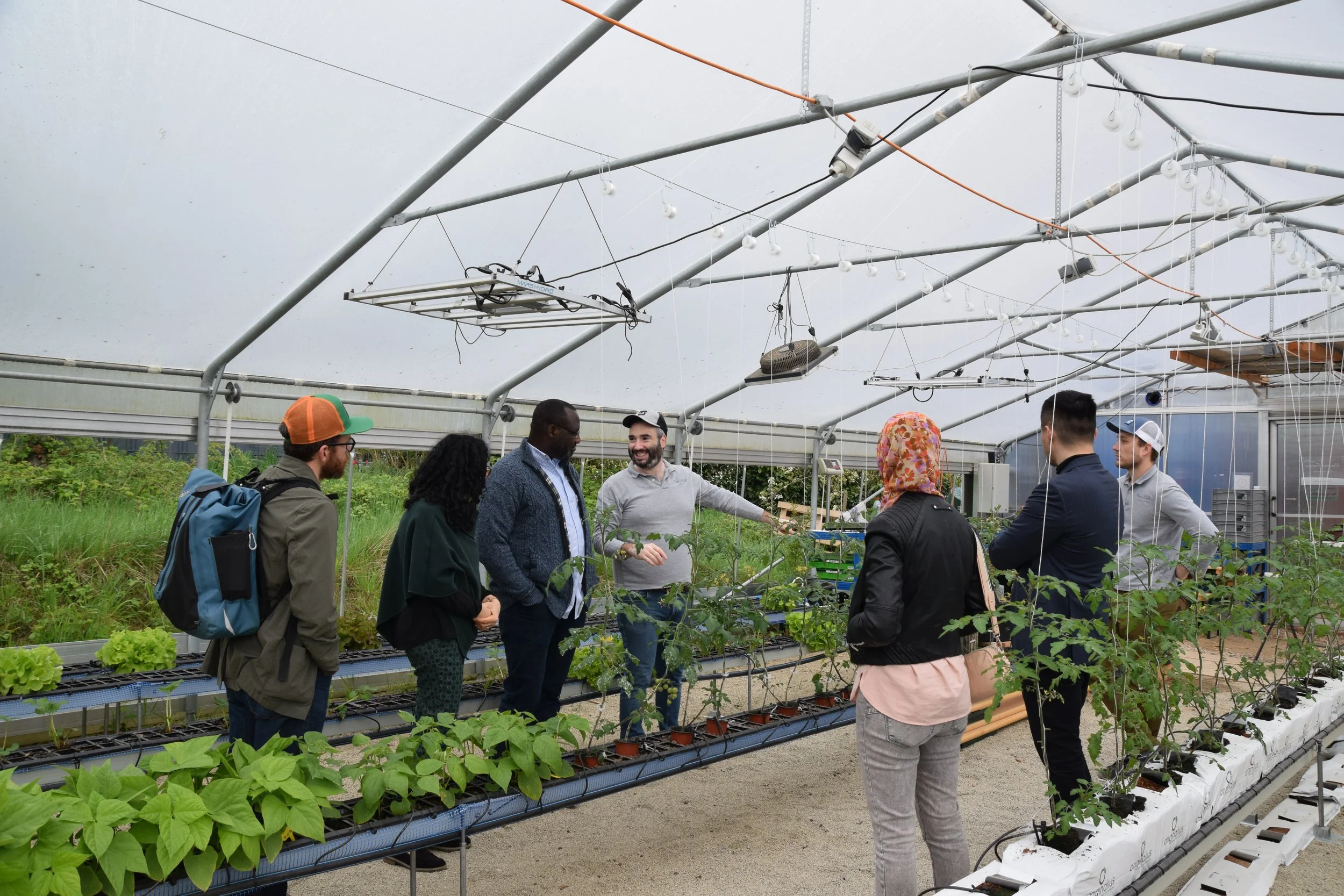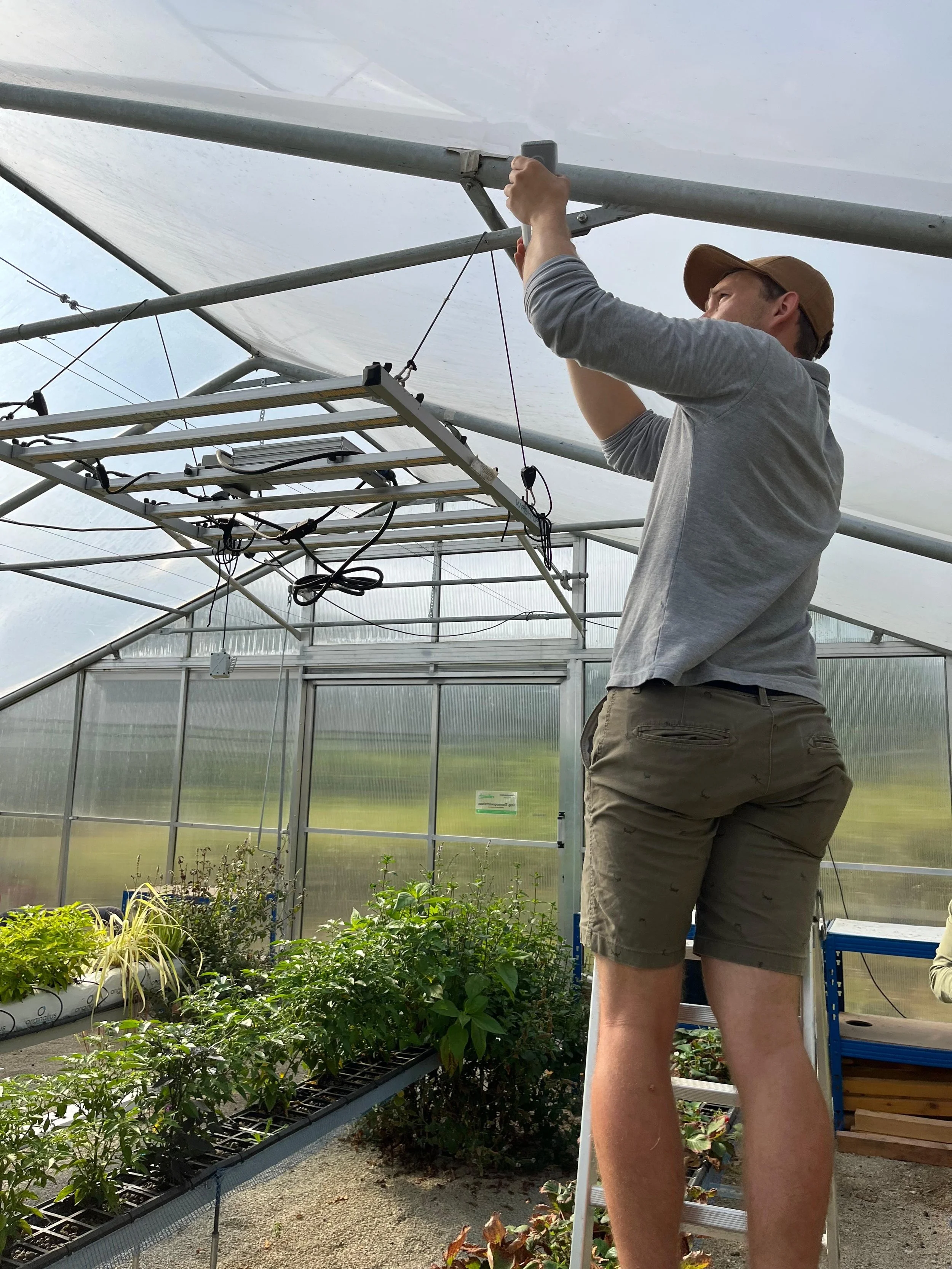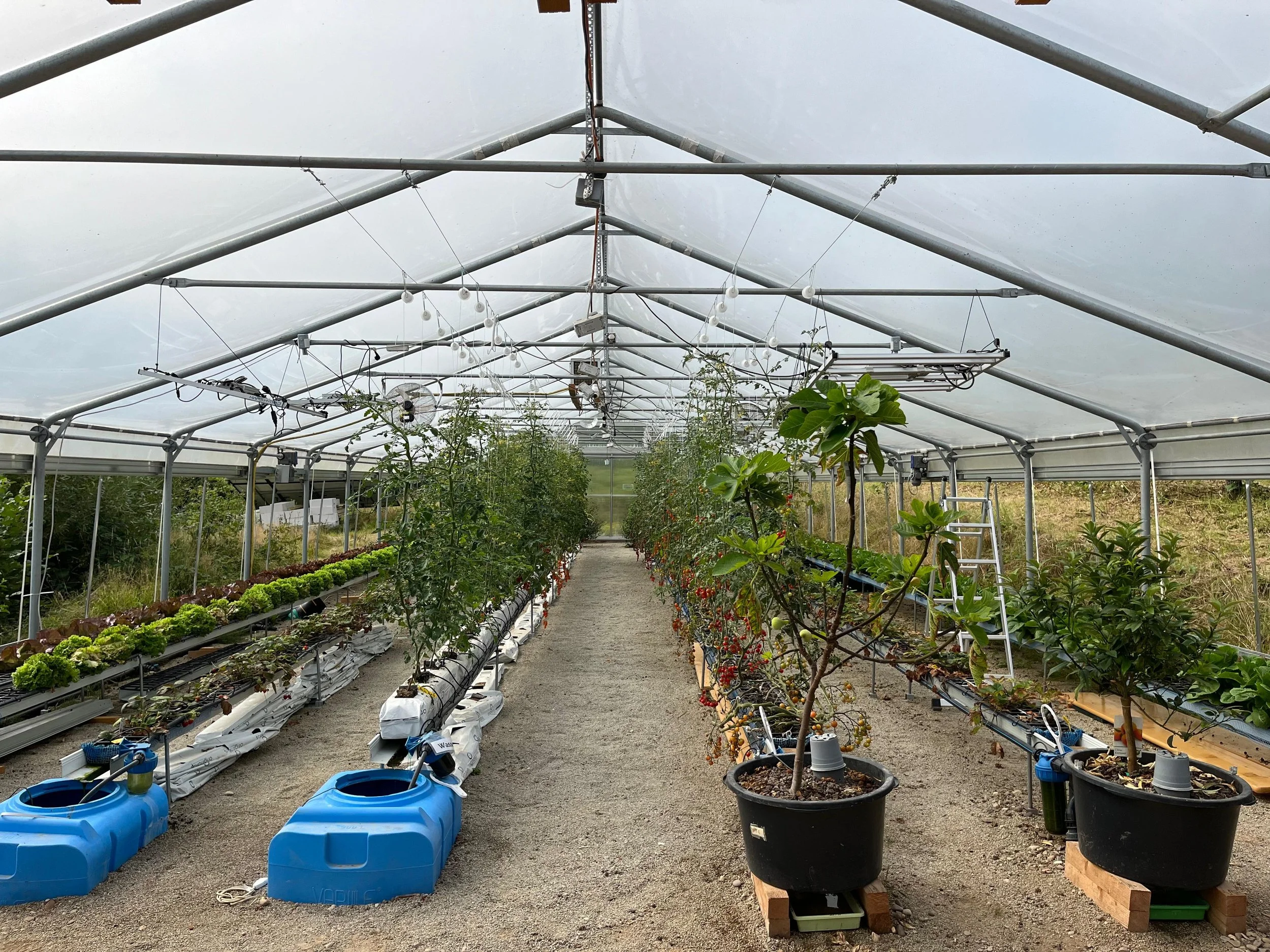Climate-Resilient, Water-Efficient, and Self-Sustainable Agri-Food Systems
Manure Transformation, Hydroponic Farms, Fertilizer efficiency, Water resource saving,
Digital Twin, Automation
36 months: 01/04/2024 – 31/03/2027
Technology Readiness Level (TRL):
Start: TRL3 - (Target) End: TRL5
Introduction
The LIFE project aims to transform traditional agricultural waste (i.e. animal manure) into sanitary, rich, organic, water-soluble nutrient solutions for hydroponic farms by using novel bacterial and/or chemical transformation technologies. Since such fertilizers may entail risks, and may have an unstable nutrient concentration, the project leverages on the Digital Twin (DT) technology to control both the transformation process and crop evolution in the farm.
What: Transformation of animal manure into nutrient solutions (liquid fertilizers) for hydroponic farms. Control and automate the system using Digital Twin technology.
Why: Enhance fertilizer efficiency and reduce synthetic fertilizers use.
Where: Luxembourg and Ireland. Manure transformation process will be investigated both in Luxembourg, and Ireland, considering different samples of animal manure (cow, lambs, pigs, etc.), and different transformation technologies. A Pilot Farm will be designed and implemented with the support of Fësch Haff SARL, in Luxembourg, to demonstrate the technical feasibility and economic viability of the proposed approach.
Background
Due to climate change, the agri-food system is increasingly exposed to risks which contribute to food and nutrition insecurity. Climate-resilient, water-efficient, and self-sustainable agri-food systems are the only viable approach for the future. Locally sourced fertilizers and closed-looped hydroponic farming systems are attractive solutions for several reasons: reuse (and reduction) of water resources, use of natural and optimized fertilizers, and controlled, more predictable and improved food security, independent of the climate change. Indoors and outdoors hydroponics systems, while being efficient technologies, still require a source of fertilizers.
Main project activities
OBJ1: Transformation of Animal Manure into Hydroponic Nutrients.
The project aims at bridging the gap between waste management and resource optimisation, turning organic-rich bio-products into valuable components for hydroponic cultivation.
OBJ2: Diversification of Hydroponic Farming and Rainwater Capturing System
By integrating these technologies, the project aims at saving water resources, while enhancing agricultural efficiency and diversifying food production.
OBJ3: Digital Twin of the Farm System
The project will design and develop a digital replica of the farm which allows monitoring, prediction, control and automation, for better real-time decision-making and holist farm management.
OBJ4: Deployment of a Pilot Farm
The project will demonstrate the technical and commercial feasibility of the proposed approach in a Pilot farm, integrating the manure transformation process, the diversified hydroponic farm, and the rainwater capture system. Sensors and actuators will be installed in the farm to monitor and control the system, thanks to the DT tools and services.
Expected social impact
LIFE actively contributes to the enhancement on fertilizer efficiency, by adopting advanced methods for fertilizer production. At the core of the project approach there is the transformation of the animal manure into liquid fertilizers for hydroponic systems. Overall, LIFE aims at achieving a transformative shift towards sustainable and interconnected agriculture system, with 5 major anticipated impacts as follows: 1. Enhance Fertilizer Efficiency and Reduce Chemical Fertilizer Use through Upcycling of Manure; 2. Increase of Natural Resources Usage through Rainwater Capture; 3. Integration of Decision Support Systems in the Agri-Food System; 4. Validate Circular Economy in the Agri-Food System; 5. Contribute to the Sustainable Development Goals, in particular SDG2, SDG6, SDG12, SDG7, and SDG9.
Implementation and plans to reach target groups
The LIFE consortium will map all stakeholders, activities, benefits and concerns in the hydroponics and manure-based liquid fertilizer supply chains. Stakeholders include communities, entrepreneurs, academia, and policymakers involved in food production, processing, research, distribution, waste and water management, and land tenure. The concerns will be addressed via focus group discussions (FGDs) and validated using a Delphi study (see Stetkiewicz et al., 2023). Each FGD will consist of 6-12 participants to ensure diverse perspectives. The consortium will select experts for the FGD and Delphi study from academic institutions, professional associations, industry networks, consultancies, and government agencies using adverts, literature reviews, online databases, conference contacts, and recommendations from project partners' events. The result of each stakeholder engagement will be communicated and disseminated in a joint communiqué or policy briefs.
Partners of the project
-
Institute: Luxembourg Institute of Science and Technology (LIST), Luxembourg
-
Fësch Haff SARL (LU) - Manuel Arrillaga Tamez
Institute of Sociology and Economics, University of the Bundeswehr Munich (DE) - Emmanuel Benjamin
University College Dublin (IE) - Eoin Syron
-
Luxembourg National Research Fund (FNR), Luxembourg
Federal Ministry of Education and Research (BMBF), Germany
Department of Agriculture, Food and the Marine, Ireland











